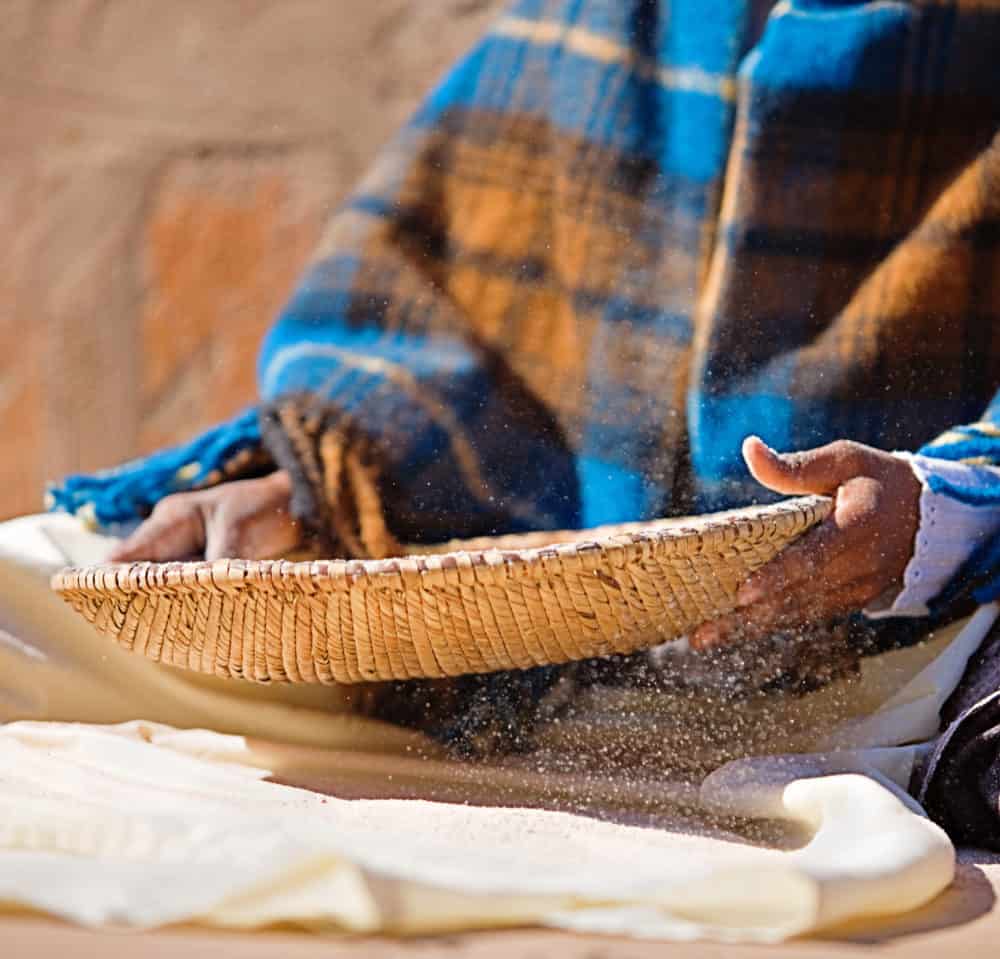Despite clear interconnections between gender, hunger and poverty, the gendered dimensions of food security remain little explored in South Africa. “Most studies focus on food availability, access and use, without disaggregating nutrition status or food security data by sex,” so says Professor Yanga Zembe, project leader at the Centre of Excellence in Food Security (CoE).

According to Professor Zembe – who is based at the University of the Western Cape’s Institute for Social Development – few studies consider the influence of key issues affecting women in South Africa such as gendered power inequities and sexual risk taking on women’s roles as providers, utilisers and consumers of food.
To this end, this CoE funded study will use existing national databases and fieldwork, to assess the socio-economic and gendered dimensions of food insecurity in KwaZulu-Natal (KZN) and Western Cape (WC). Zembe and her team will explore the food security strategies of unemployed women in rural and peri-urban settings in KZN and the WC, and examine the context within which particular food security strategies are selected by these women. The study will also determine the extent to which the selected strategies are framed by agency, and gendered vulnerabilities and opportunities.
“Through this research, we want to explore how gender power inequities (relational and economical) in the sexual partnerships of unemployed women, shape their access [to]; provision, preparation and consumption of food,” says Professor Zembe.
The study will also shed light on the gendered identities of women, including how they perceive themselves as women, caregivers and sexual beings in relation to food security. Fieldwork is currently underway and will run concurrently with analysis of secondary data from existing databases.
The broader aims of this project are to explore the interconnections between gender power inequities, sexual risk taking and food insecurity among unemployed women in rural and peri-urban settings; as well as to add to our understanding of the “women’s perceptions of how gender roles influence the provision of food in their households,” adds Zembe.
This research falls within the PLATES research programme at the CoE, which investigates the type of food that is on the plates of South African consumers and pathways followed to bring this food to the plate.
Watch: Prof Zembe on her research
related Articles
New book: “Resilience and Food Security in a Food Systems Context”
Resilience and Food Security in a Food Systems Context is a recently published, open-access resource which delves into why we…
The post-COVID future for South Africa’s women remains unclear
The spread of the coronavirus appears to be on the wane in many places, including South Africa. How will the…
SA has been leaving too many behind before and during COVID-19
Gender gaps have increased as a result of the crisis. This has implications not just for women, but for their…



